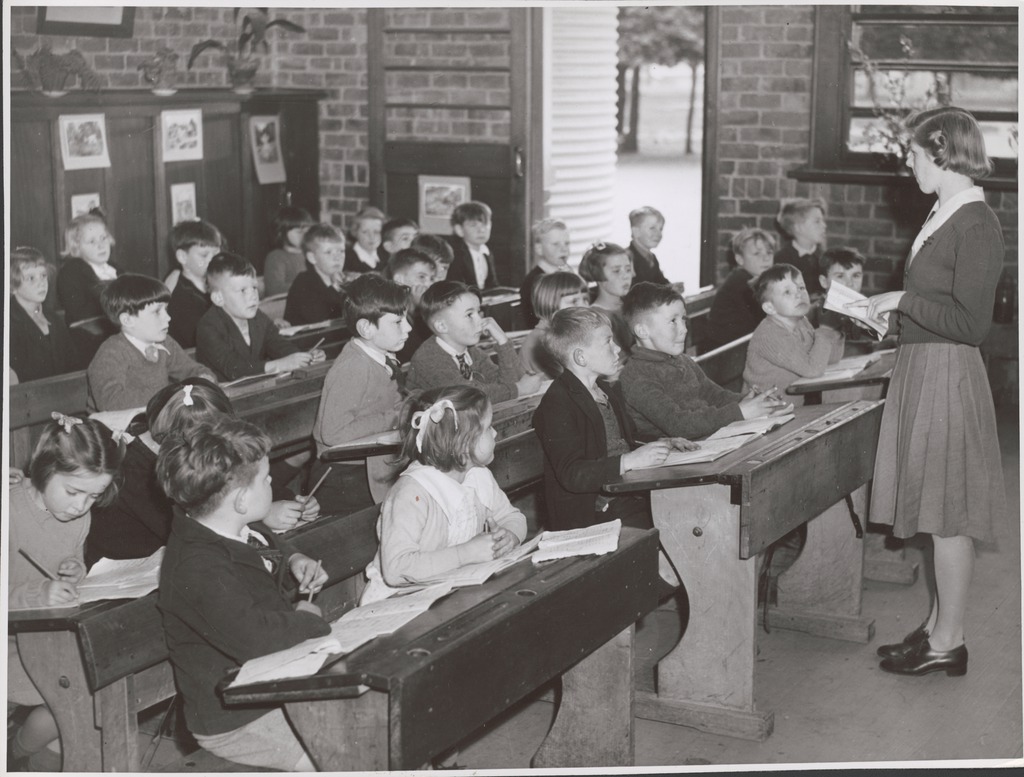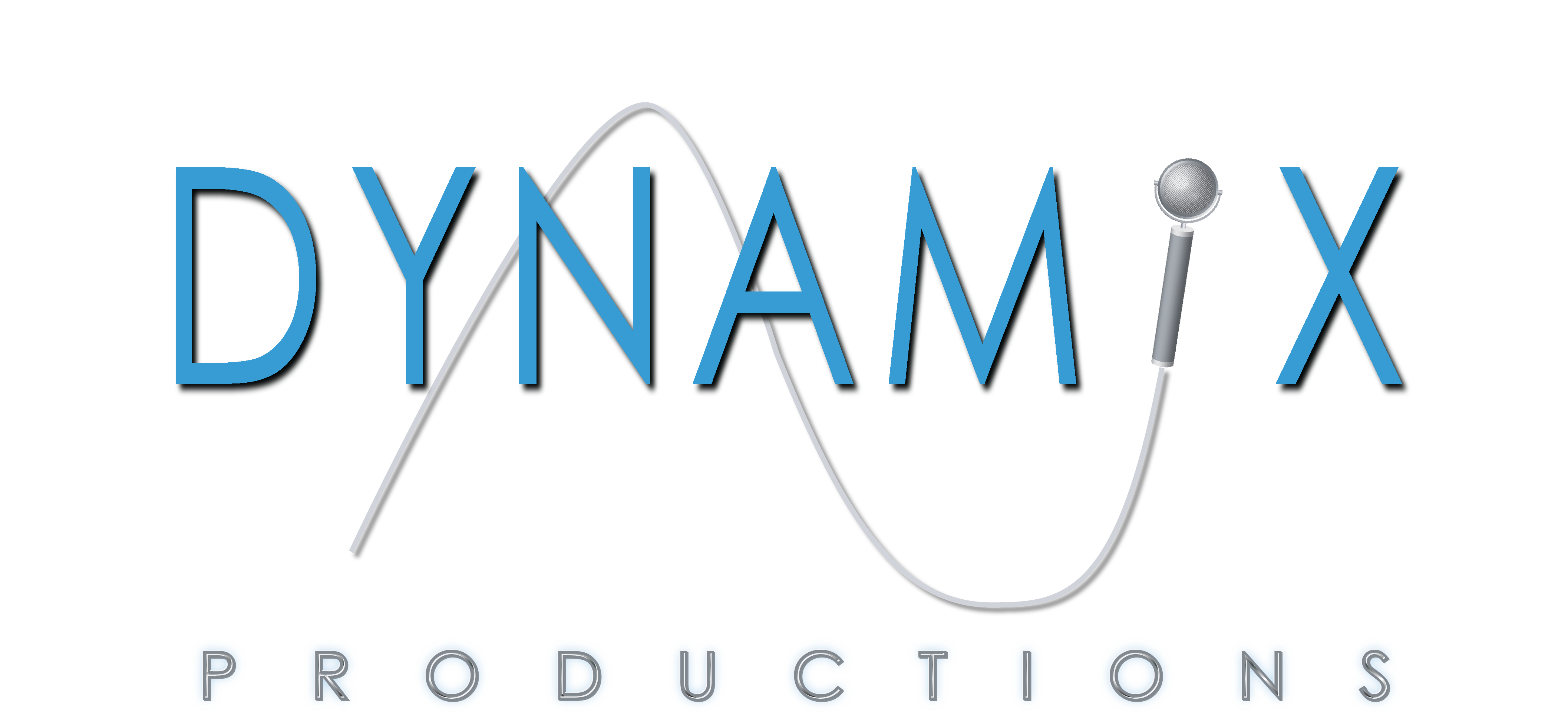

- © 2003 - 2025 Dynamix Productions, Inc. Contact Us 0



"If our condition were truly happy, we would not seek diversion from it in order to make ourselves happy."
Blaise Pascal
French mathematician, physicist, inventor, philosopher, writer and Catholic theologian
(1623-1662)
Are you working in a job that you love? Are you doing a skill that comes naturally to you? Can you imagine doing anything else? If you answered Yes, Yes, and...Yes, then you must be insanely happy. It could be healthy to daydream of doing something else, or even partake in different kinds of productive activities that are wildly different from your career. Studies of scientists have shown that the more varied their hobbies, activities, and other professional pursuits are, the more important and numerous their breakthroughs may be. Performing the same task over and over again becomes drudgery, no matter if you're a widget stamper in a factory or a recombinant DNA engineer in a lab. Our minds need diversion in order to focus when it's important.
My interests have always been diverse, it's in my DNA. But deep down, I always knew I wanted to do something in recording. When I was a tiny tot, I remember thinking that when every song on the radio ended, there was another band right there in the studio waiting to play the next song. When I asked Mom how they could fit everyone in there, she explained that they were just playing records. Although the magic vanished, I realized then that I wanted to be the wizard behind the curtain turning the knobs.
When I started to seriously explore being an audio engineer, I was a teenager in a small town at the very southern tip of Ohio. It was 1978, and like a lot of high school seniors who were feeling the pressure to make hard decisions about their future, I honestly had no idea what I was going to do with the rest of my life. I had many interests, but none were screaming out at me – except for audio recording. But because that world seemed so distant and secret, I looked at more traditional career paths. I traveled down some very crooked and winding paths to get where I am, but I feel that my false starts and wide interests have actually helped me become a better producer.
I was a child of the space race, and like a lot of baby boomers, I wanted to be an astronaut. This is my earliest memory of actually thinking about my career. The astronauts were heroes and each mission was a triumph of mankind – how could you not want to go to space? But as we waited and waited for Apollo 13 to splash down after their nearly fatal mission, that was it for being an astronaut. But my keen interest in spacecraft have actually helped me to recreate sounds of rockets and other flight vehicles.
I dabbled in photography as a teenager and worked on the school paper and yearbook, and was a stringer for the local newspaper. After chasing ambulances and working a few weddings and events, I knew I couldn't face a lifelong job of trying to please the mother of the bride. I still shoot for pleasure, which is a nice diversion. I can also actually converse somewhat intelligently with a cinematographer or videographer about lighting and other details on a set without sounding too stupid.
I remember when cassette tapes were really taking off in the late 1960s. Dad got a portable recorder with a microphone and I pretty much commandeered it to record any sound I could. This fascination continued through high school. I had many friends that were gen-u-ine radio DJs, so I got to hang out in radio stations and see what went on behind the scenes. Our high school had a TV station, another place I haunted while absorbing the profession. I looked into schools and programs for audio engineers, but back then there were very circuitous routes that were either: 1) over-education in a profession I didn't like (such as broadcast engineering), 2) military (Armed Forces Radio and Television), 3) expensive crash courses (that cost as much as a year or two in college), or 4) work my way up from emptying waste paper cans in a studio. It looked like I was going to have to find something else to do. But my experience inside a radio station really helped me later on when I started working in radio myself.
I've played music since I was at least 6 years old and was surrounded by musicians and all sorts of styles. I played in school bands and small groups, and thought I was pretty good, but not the best. Then one day a career dropped in my lap. I received a music education scholarship from a tiny college in eastern Kentucky called Pikeville College. It was decision time so I went for it. I really didn't want to teach music, but getting major financial help to go to college was pretty enticing. I eventually continued my education at the University of Kentucky, but found myself falling farther and farther away from music education. I started taking more theory and arranging classes, one of which was at graduate level that I have no idea how I talked my way in to.
Eventually the audio recording profession came a knocking, and UK's bill collectors did too. I was tired of spinning my wheels in college and had taken what I thought were the classes I needed to get a start in recording. So I stepped away from college and into the studio and haven't looked back since. I still draw on my theory and arranging classes, listening for balanced tones in an overall mix like an arranger would do when developing a score for orchestra. Or making musically correct edits to soundtracks so that it makes sense to the listener and doesn't jump out as a mistake. Or even something as basic as selecting music in a particular scale, range, or tempo to fit the emotion of the project.
I have many, many other interests that are diversionary by nature, and sometimes by design. I can't be an audio engineer 24/7 or I would go crazy. But I admit that my engineer's ears sometimes perk up if I hear something out of the ordinary in a movie and wonder, "How did they do that? Did they use a wobbulator widget on the thing-a-ma-bob?" Or I sometimes read something interesting and think, "I wonder if I could turn that into a documentary?" Our brains can't, and shouldn't, be shut down. Nor should we discourage alternate interests when they can be a healthy addition to our overall health. So get out there and widen your interest by painting a picture, or building a stamp collection, or cutting and pasting some DNA sequences together.